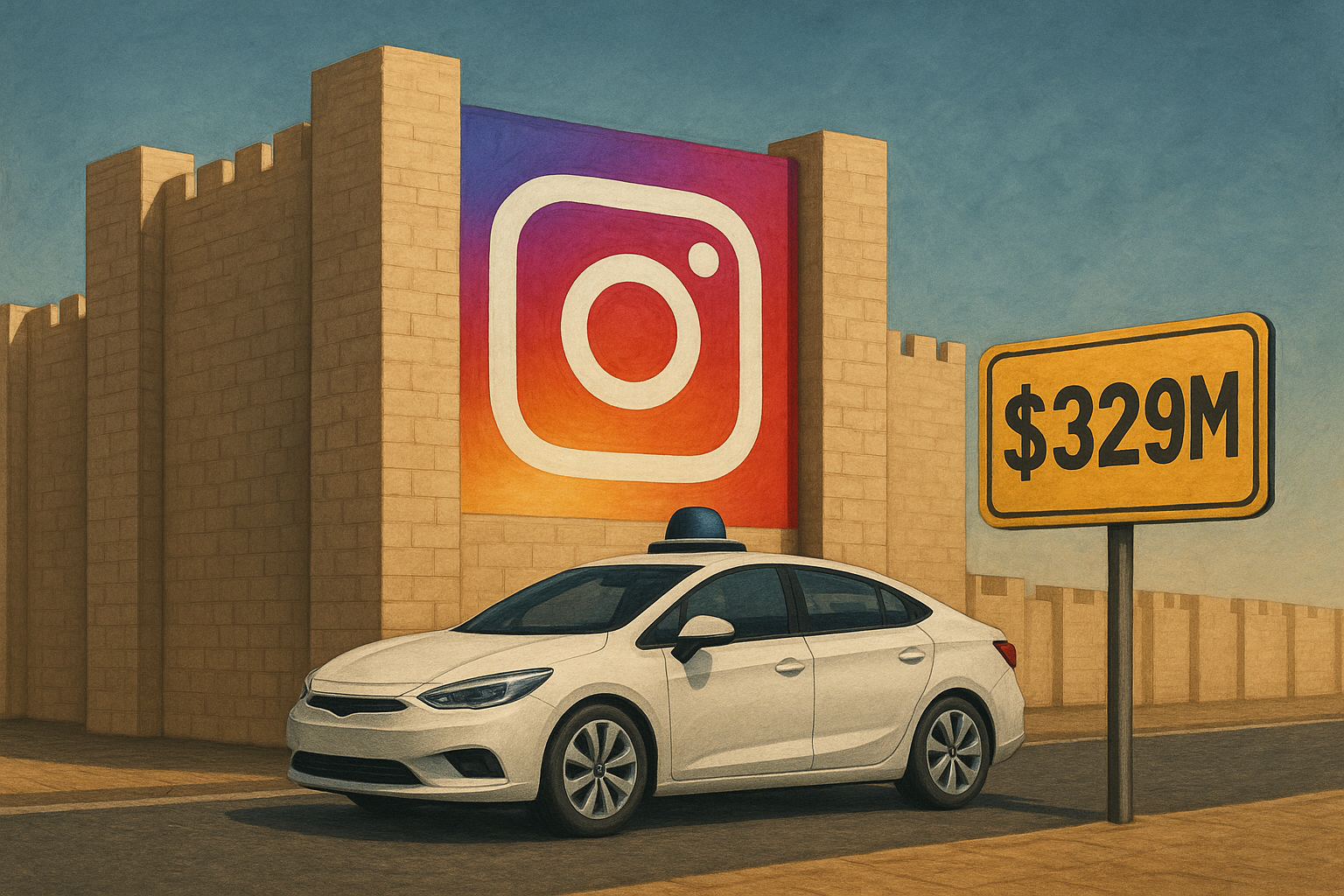This week we saw major developments that question the future of public media, redefine who gets a voice on major social platforms, and hold AI to a new level of accountability. Let’s break down what these changes really mean.
The End of an Era for Public Broadcasting?
In a move that could reshape the media landscape, the Corporation for Public Broadcasting (CPB), the entity that provides crucial funding for NPR and PBS, is slated to be shut down. This isn’t just an administrative change; it’s a potential seismic shock to the ecosystem of non-commercial, educational, and local news that millions rely on. The big question is what fills the void. Will it be a new wave of independent, crowdfunded journalism, or will we see an even greater consolidation of media power? This development forces a critical conversation about the value we place on publicly funded information in the digital age. Read the full article.
Instagram Raises the Bar for Going Live
Instagram has rolled out a significant change to its live-streaming feature: users now need a minimum of 1,000 followers to broadcast. On the surface, this could be seen as a measure to curb spam and low-quality content. However, the deeper impact is on emerging creators and grassroots movements. The platform is effectively creating a new barrier to entry, prioritizing established influencers over new voices. This move signals a shift from a democratized, open platform to a more curated, top-down content ecosystem, potentially stifling the spontaneity and raw connection that made live video so compelling in the first place. Read the full article .
A $329 Million Message: Tesla’s Autopilot Held Accountable
A jury has handed down a massive verdict, ordering Tesla to pay $329 million in damages in a case involving a fatal crash where its Autopilot system was engaged. This is more than just a financial penalty; it’s a landmark legal precedent for the age of AI and autonomous systems. The verdict sends a clear signal that companies can’t simply shift liability to the user when their technology is involved in a tragedy. This will have far-reaching consequences for the development and marketing of self-driving features, forcing the entire industry to grapple with the profound legal and ethical responsibilities that come with putting AI in control. Read the full article .
From the news we consume to the platforms we use and the cars we drive, the rules are being rewritten. This week’s trends highlight a growing tension between open access and corporate control, and the urgent need for a legal framework that can keep pace with technological innovation. The message is clear: the impact of technology on society is under intense scrutiny, and the consequences are becoming very real.

